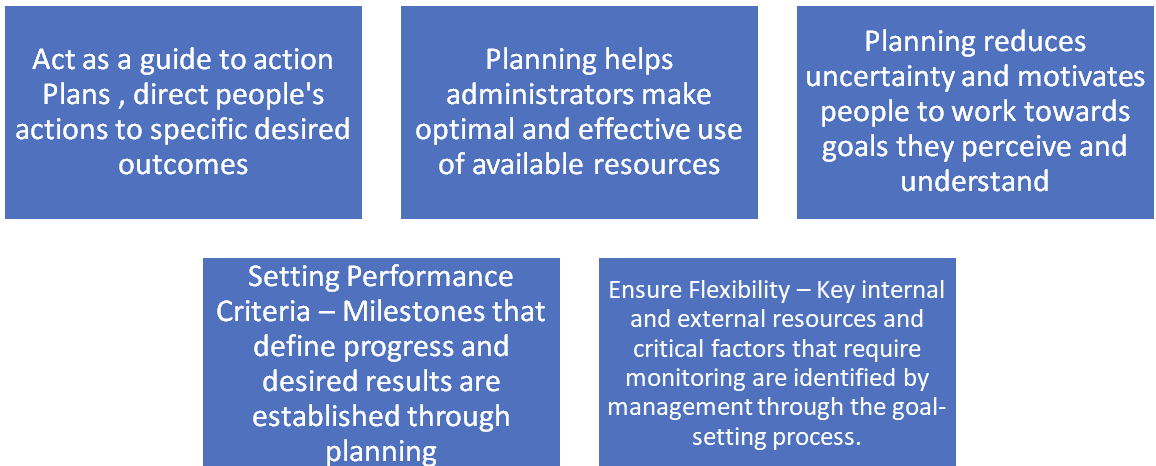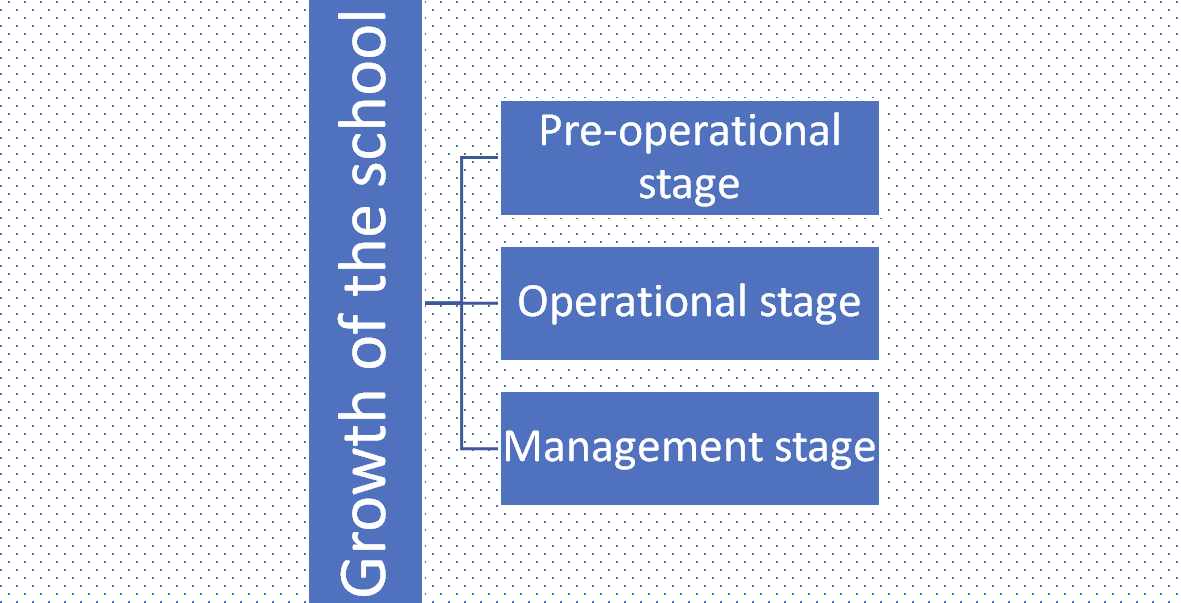Education is one of the basic requirements for growth and prosperity in any society. With population growth, the need for new schools is ever-increasing, offering stakeholders a great opportunity to become responsible school owners or school sponsors. An effective plan is important to make opening a school rewarding and fulfilling, rather than difficult. Before investing money, time, effort and energy to open a new school, it is very important to have a concrete and effective plan that you believe in. Starting a new business always involves risks. But schools are no exception. From initiation to management, planning for all stages of development enables school owners or leaders to confidently move forward and turn dreams into reality. The enormous task of launching a new educational institution requires a great deal of planning, hard work, perseverance, and vigilance as you go through all the hurdles that can arise in the process of building a successful institution.
Benefits of Planning: Planning starts with setting goals that are derived from your vision and mission statement. External factors such as competitors, legislation, availability of appropriate resources and internal factors such as employee expertise, resource adequacy and management skills influence organizational growth. The rest of the planning process is outlining how you will achieve your goals.
Some benefits of plans are that you can:


At the beginning, you need a specific business plan and budget plan.
Business Plan: An essential new school roadmap document that contains answers to the “what,” “why,” “how,” and “when” questions of starting a new school. It also serves as an important document for potential investors.
Budget plan: Primarily a plan for forecasting and allocating funds, tracking income and expenses, and determining where spending is needed. For example, if you need new equipment or raise an employee’s salary, budget planning can help determine if funds are available or what needs to be done to make it happen.
PLANNING PRIORITIES: Planning for all stages of a new school idea, from conception to commissioning, is considered necessary. Here are some key planning areas:
- Location: The right location should be considered based on good research on the right target audience. It should also have easy access to residential areas within a 10-12 kilometer radius, as well as nearby IT centers and industries.
- Market demand: Market demand should be considered from the outset based on existing schools in the neighborhood. Planning research and conducting interviews with local stakeholders, including parent communities, will lead to the feasibility studies necessary to understand market demand.
- Curriculum and Board: Based on the decisions of the Board (CBSE, ICSE, IGCSE, IB, State Board, etc.), you should develop a plan for your chosen curriculum. There will be a clear picture for further course of action. The decision to select a particular Board for membership should be based on existing market demand and associated costs.
- Legal provisions: NOC (certificate of no objection), legal documents, certificates of affiliation, government documents approved by affected departments (water, fire, electricity, health, hygiene, etc.), such as registration of the school as a trust or legal entity.
- Infrastructure: Since infrastructure plays a vital role in any school, the same has to be planned in great detail, including but Not limited to overly spacious classrooms, well-stocked libraries, playgrounds and laboratories, but with appropriate design and construction that respects all regulations of the relevant boards.
- Enrollment Projection: It is recommended that you plan for the school’s prospective enrollment and enrollment growth from year 1 through full capacity year. Plans should also consider subscription projections based on market demand.
- Recruitment of Qualified Persons: A comprehensive recruitment process plan should be developed detailing duties, minimum qualifications, experience, interviews, probationary periods, letters of appointment and confirmations.
- Marketing and Public Relations: A detailed plan of marketing, branding and public relations through a variety of strategies including website, newspaper advertisements, special events, radio, brochures, billboards and social media are required to promote the new school.
- Fee structure: An appropriate fee structure should be planned that is convenient for parents and provides a fair benefit to school authorities.
- Policies and Procedures: Before the school begins operations, all areas beyond the student and staff handbooks are in place to ensure the smooth functioning of the school in all areas that affect all stakeholders, including administrators and staff. A comprehensive plan of policies and procedures should be developed. , students and parents.
Once the school is operational and has reached the administrative stage, an operational plan should also be in place. In summary, planning is the foundation of any successful endeavor. It creates universal acceptance and understanding of goals and objectives and defines the actions necessary to guide institutions in achieving them. Ultimately, any plan for the long-term success of an organization must be properly implemented.



